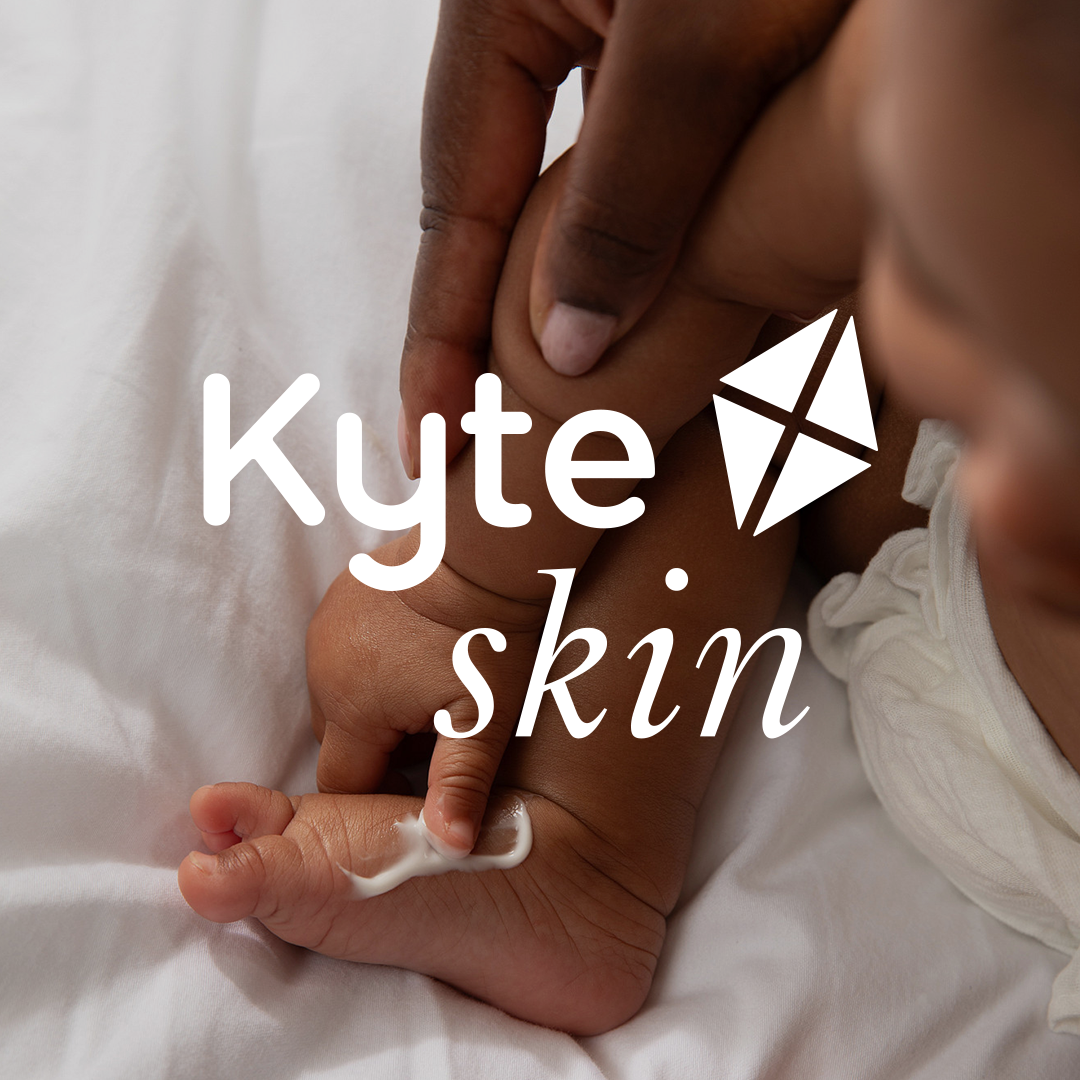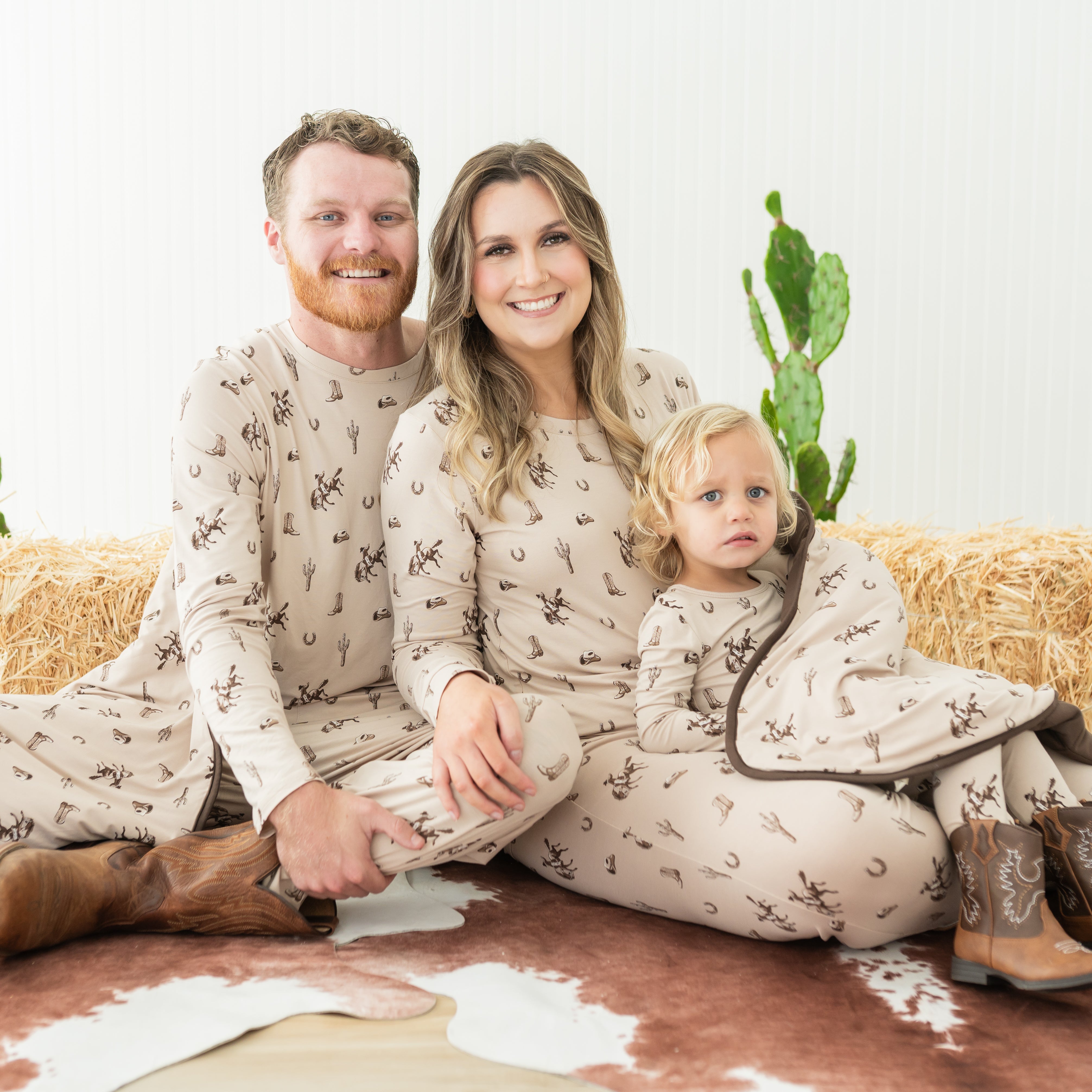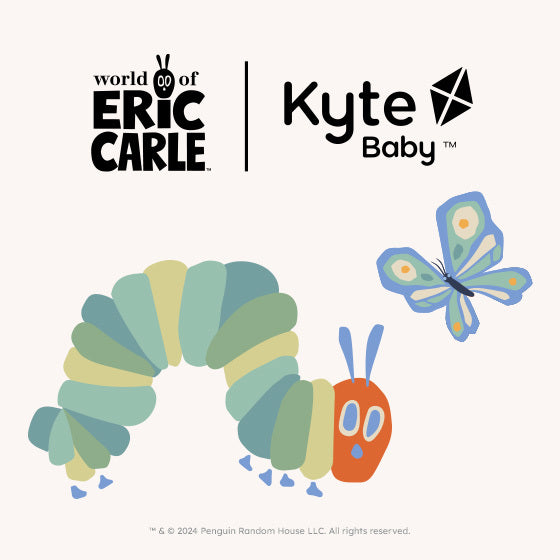When it comes to babies, sleep is already a tough puzzle to solve. Whether your little one is teething, learning a new skill, or just going through a growth spurt, their sleep patterns in the first year are highly irregular and fraught with many restless nights. When you throw eczema into the mix, restful nights are few and far between.
Up to 25 percent of children suffer from eczema, a chronic skin condition that causes dry, itchy, rashy skin. Although no exact cause is known and its severity ranges from person to person, eczema often worsens at night, causing more wakings for your little one and you.
Most people are not aware of the fact that they wake multiple times at night between sleep cycles. During these brief arousals, the itch sensation may kick in and the reflex of scratching begins. Unfortunately, the reflexive scratching will often result in increased itching, and may even cause bleeding, which is a setup for infection. Although there is no cure for your child’s eczema, there are a few steps you can take to mitigate their symptoms and help them (and you!) get better sleep at night.
Tip #1. Practice good sleep hygiene
Implement a nightly bedtime routine that is conducive to sleep, i.e. no screen time for 1 to 2 hours before going to sleep, a consistent and predictable bedtime hour, and even waking around the same time each day. Exposing your child to sunlight first thing in the morning, as well as throughout the day, can be helpful in producing sleep hormones later in the evening and improve their sleep.
Tip #2. Make their sleep environment comfortable
A sleep conducive environment is dark, cool, and uses white noise. Overheating can worsen eczema symptoms and also add to your baby’s discomfort when they are already struggling to sleep. Too much heat causes your baby to sweat, and sweating intensifies the pain and itching of eczema. It’s important to make sure that your baby’s sleep environment is cool, especially in the summer when even indoors can feel muggy. Keep your thermostat set between 68 and 72 degrees Fahrenheit, or use a fan to keep air circulating and your little one cool.
Tip #3. Keep their skin moisturized
If you’ve found something magical that controls flare-ups, be consistent with treatment! Use medicated creams if your child’s pediatrician has prescribed them. Otherwise, using eczema-targeting moisturizers with hydrating ingredients, like colloidal oatmeal or calendula, after bath and before bedtime can be helpful in reducing itch. Always ensure that the product you choose is suitable for the age of your baby.
Tip #4. Choose non-itchy fabrics
Babies with eczema should be dressed in soft, natural fabrics that are breathable. Cotton or bamboo are great choices, while synthetic fabrics, like polyester or nylon cause more irritation for sensitive skin. Stay away from wool because its rough texture can trigger outbreaks for those with eczema.
Tip #5. Keep water warm, not hot
Although frequent baths are recommended for little ones with eczema, hot water can dry out the skin and cause increased itchiness. Stick to lukewarm water, and pat the skin dry instead of rubbing, which will aggravate your baby’s sensitive skin. You should also apply medications and creams while the skin is still damp to lock in the moisture.
As always, it's a great idea to collaborate with your little one’s pediatrician and dermatologist (and anyone else on their medical team) to find a treatment that keeps them comfortable all day and night!
Author Bio: Ashley Olson is a certified pediatric sleep consultant, owner of Heaven Sent Sleep and The Collective for Family Rest and Wellness, and passionate about helping new parents, experienced parents, desperate and sleep-deprived parents form healthy sleep habits for their children.
She has over 4 years of experience in working with families and has completed over 150 hours of coursework plus continuing education related to infant and toddler sleep. The focus of her work is on fostering a routine that grows your bond with your child while improving their sleep habits. She specializes in custom sleep plans and one on one support in changing sleep practices!





















